Canada publishing final new Clean Fuel Regulations
Green Car Congress
JULY 5, 2022
Canada will publish the final Clean Fuel Regulations (CFR) in the Canada Gazette Part II on 6 July 2022. The CFR set increasingly stringent requirements on producers and importers to reduce the carbon intensity of gasoline and diesel. The Clean Fuel Standard will require liquid fossil fuel primary suppliers (i.e., gCO 2 e/MJ.




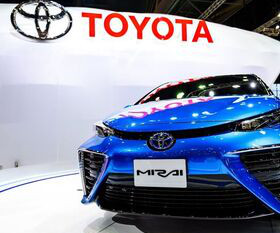


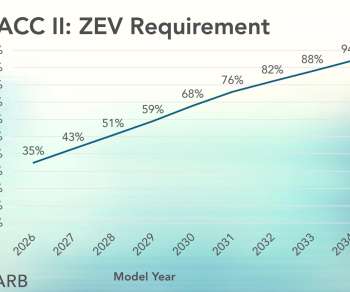





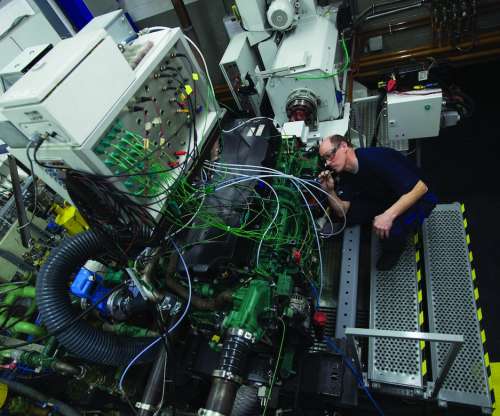





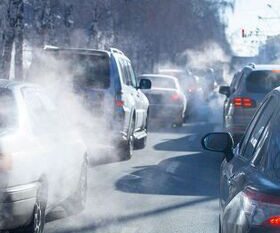











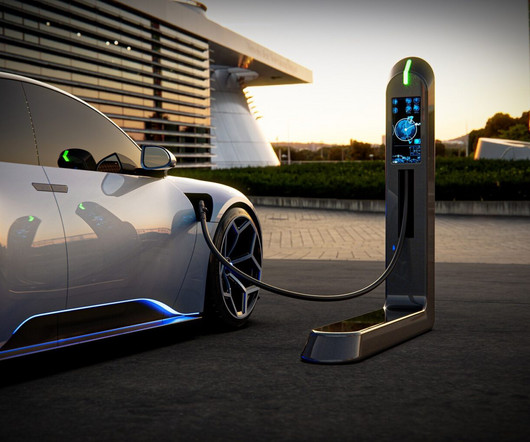







Let's personalize your content